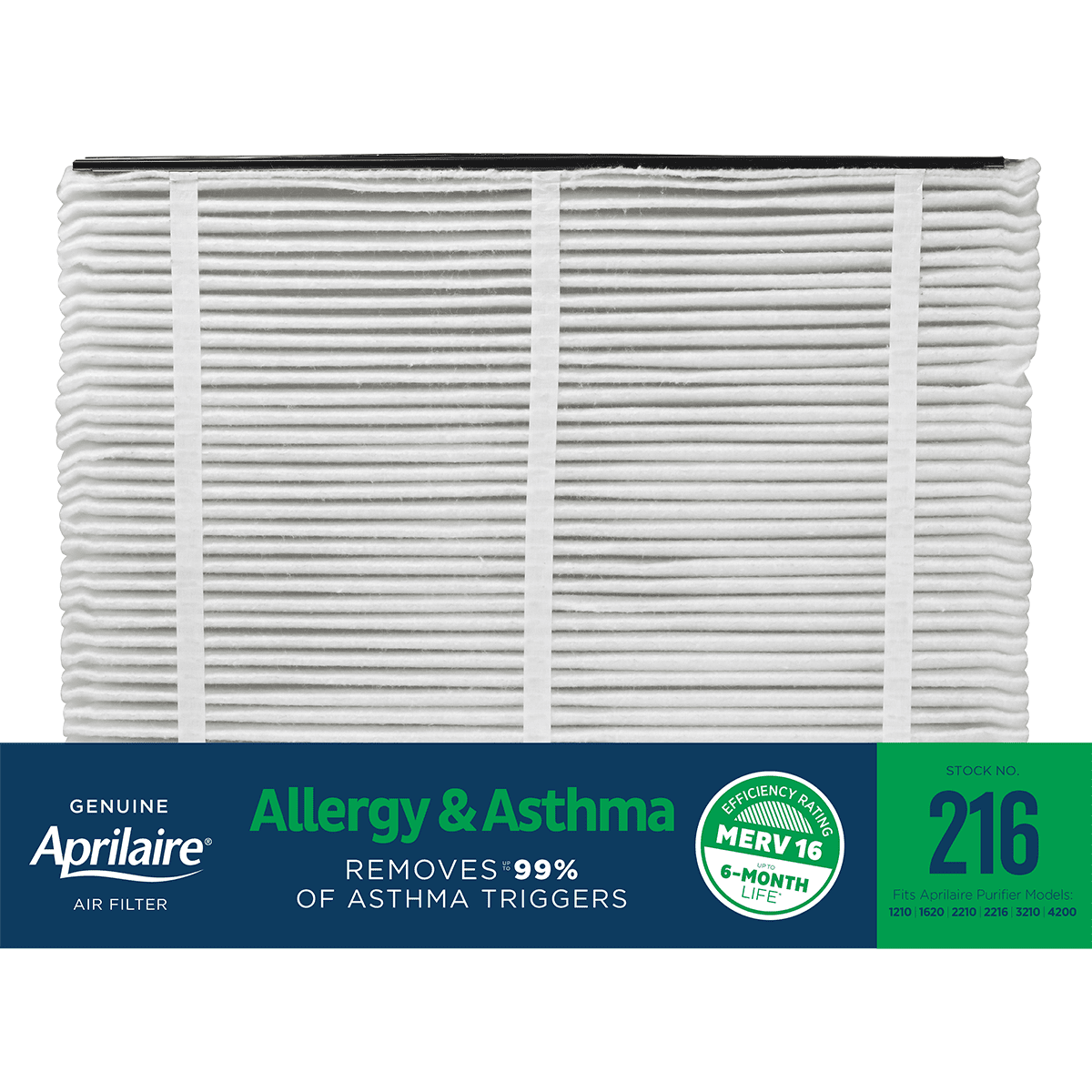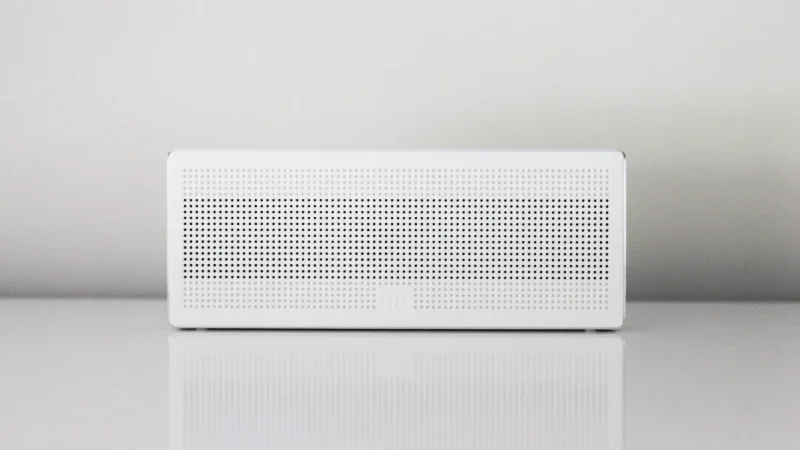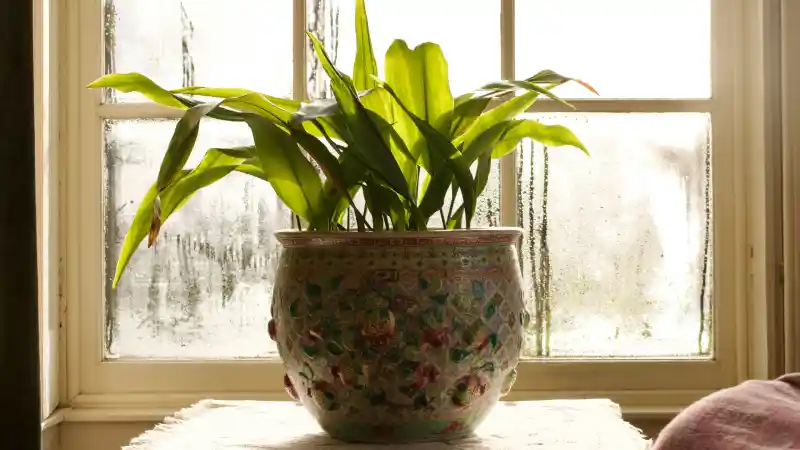Disclosure: This post may contain affiliate links, meaning we get a commission if you decide to make a purchase through our links, at no cost to you. Please read our disclosure for more info.
Being a homeowner comes with a lot of responsibilities like mowing the lawn, paying the bills, cleaning up messes, etc., the list goes on and on. These tasks might be obvious, but what about the not-so-obvious? Things like changing your filters, limiting your exposure to toxins, and keeping your home’s environment comfortable? Unfortunately, these things are often overlooked but can have a profound impact on your overall health and well-being.
According to the Environmental Protection Agency (EPA), concentrations of some pollutants can often be 2 to 5 times higher than typical outdoor concentrations.
Exposure to pollutants can lead to short-term health effects like irritated eyes, nose, throat, headaches, dizziness, and fatigue. Longer-term health effects include respiratory diseases, heart disease, and even cancer. These health effects from indoor air pollutants can be experienced soon after exposure or even years later. Which begs the question, “How can we fix this?”
There are a variety of solutions available that will help clean the air in your home. However, if your home has a central air system, the easiest and most effective way to minimize your exposure to indoor air contaminants is by changing your home’s air filters.
In This Post:
Why Are Air Filters So Important?
Air filters, furnace filters, AC filters, and HVAC filters— no matter what you call them are the same thing and are the gateway to your Heating, Ventilation, and Air Conditioning System (HVAC). A good air filter has the ability to capture dust, pollen, and other air pollutants while allowing the desired air pressure to flow through. However, not all air filters are created the same.
MERV Ratings
To better inform consumers, the American Society of Heating, Refrigerating, and Air-Conditioning Engineers (ASHRAE) created a measurement scale called the Minimum Efficiency Reporting Value, commonly known as MERV. There are other rating scales like Microparticle Performance Rating (MPR) and the Filter Performance Rating (FPR), but the MERV rating scale is the industry standard for rating the effectiveness of filters. MERV ratings range from 1 to 20. The higher the MERV rating, the finer particles it will capture.
- MERV ratings 1-4 offer barely any protection at all, catching only large-sized amounts of pollen, dust mites, and debris.
- Filters with a MERV rating of 5-8 are better for residential application and will prevent anything over 10 microns from penetrating such as mold spores, dust mite debris, cat and dog dander, and other allergens.
- MERV 9-13 rated furnace filters are the best option for residential applications but can also be used for commercial properties. This MERV range will protect your HVAC system against particulates as small as 3 microns.
- Finally, MERV 16 filters and up are recommended for hospitals and medical labs as they will capture small particles down to 0.3 microns like bacteria and virus-carrying particles.
The most recommended MERV ratings for homes are MERV 8, MERV 11, and MERV 13. Before purchasing a filter for your home, you must first check and make sure that the MERV rating of the filter you are selecting meets your filtration needs. Please see the graph below to help you better determine which MERV rating is best for your home.

Filter Types
The most common types of residential air conditioning filters are fiberglass and pleated air filters.
Fiberglass Filters
Fiberglass air filters are generally rated MERV 1 through 3 and are typically the cheapest. Using a fiberglass filter is like casting a fishing net with loose netting. You are only going to catch the big fish with it or in this instance, larger airborne particles which unless that’s your desired goal is not very effective.
These filters can allow for pollen and various types of debris to get into your HVAC system and disperse through your household. If you choose to use these cheap filters, you can end up paying a lot more for HVAC maintenance.
That cost takes away the one benefit most people choose fiberglass filters for, their economic value.
Pleated Air Filters
Pleated air filters are available in a variety of MERV ratings. A pleated air filter is comparable to a tightly woven carbon fiber fish net capturing even the tiniest guppy. This translates to a higher percentage of dust particles being captured, making them an excellent entrant blocker.
The ability to trap more particles allows for pleated filters to last longer than fiberglass filters. When your furnace filter is dirty, debris can cake up your walls, ceiling, and fixtures. Choosing a higher-efficiency pleated filter will save you time on maintenance.
Pleated filters are more expensive, however, once you add in maintenance costs and higher chances for sickness, and more doctor visits, you’ll end up saving more money in the long term.
Size Matters
Filters come in many different sizes, and it is important to make sure that the filter you are using is the size that you need. In most cases, you will find the filter size along the side of your existing filter. If you’re not sure what size you need, you can also measure it.
When you measure for your filter, you will usually get what is called an actual measurement which will usually include ¾ and ½-inch sizes. Once you have the actual size, round up to the nearest number to find out what the nominal measurement is, which are the sizes you’ll find online and in stores. Never use the wrong size filter. A filter that is too small or cut to fit, can allow particles to pass through to your furnace or air conditioner and can result in expensive repair costs.
Air Filter Maintenance
How often should you change your furnace filter? It is recommended that you change your air filters at least once every 3 months. However, it is also recommended that you get in the habit of changing it every month and changing it when it is dirty.
A clogged filter can cause your heating and cooling system to work harder and can even lead to costly repairs. You will want to change your filter more frequently based on the number of people and pets living in your household.
When installing your air filter, look for the airflow arrow on the side of your filter and make sure it is pointed towards the wall or ceiling. This will help you install the filter correctly and ensure that the air flow is not inhibited as the air passes through the filter.
Summary
The quality of the filter you use can have a huge impact on your home’s indoor air quality and wallet. What filter you choose to use in your home is ultimately up to you, but knowing your options will help you make a more informed decision. If you are unsure what filter you need for your home, consult with your HVAC technician.


